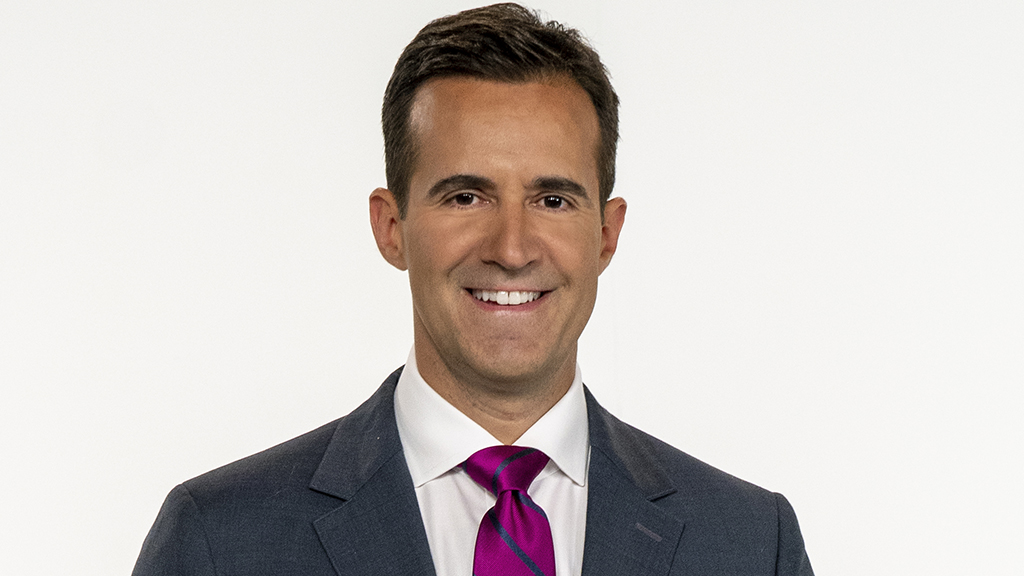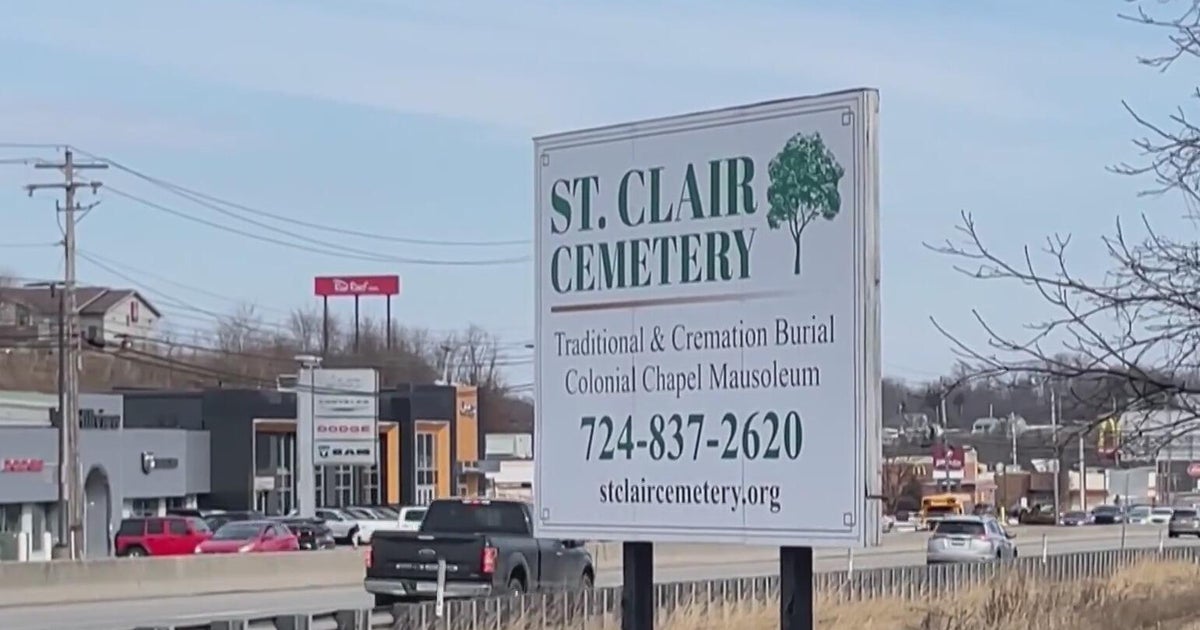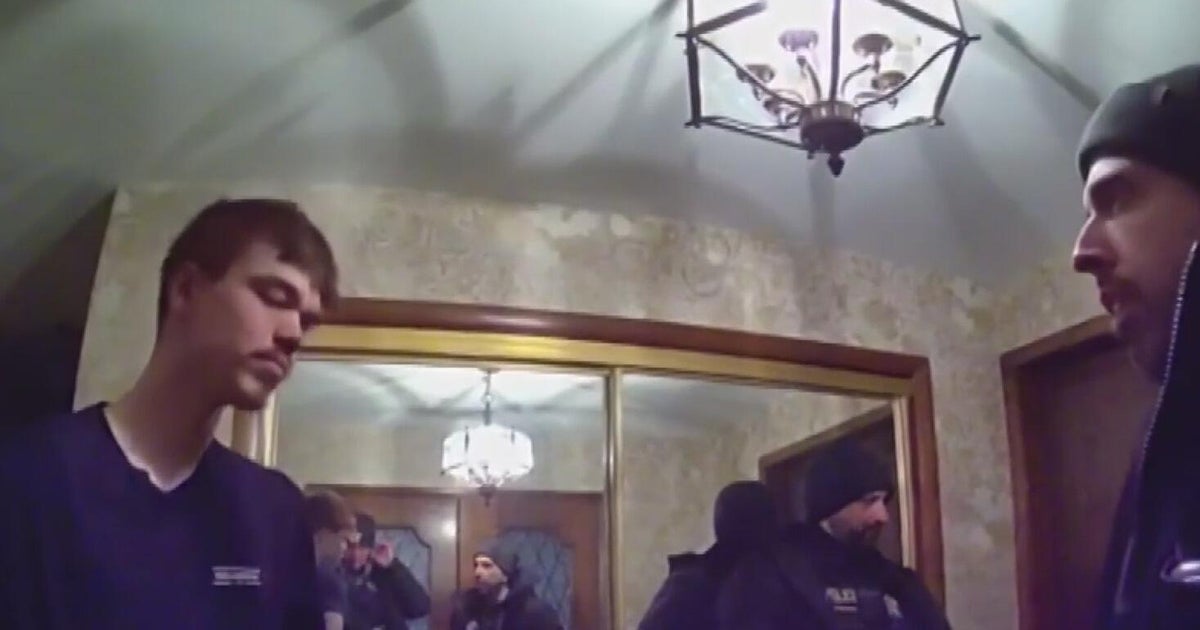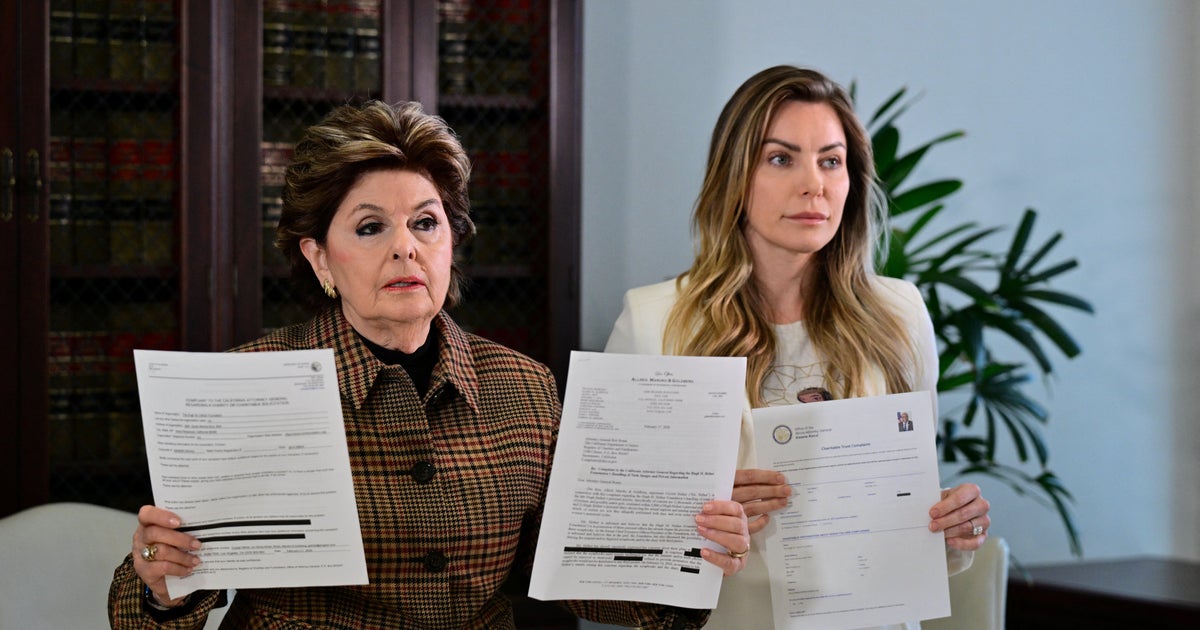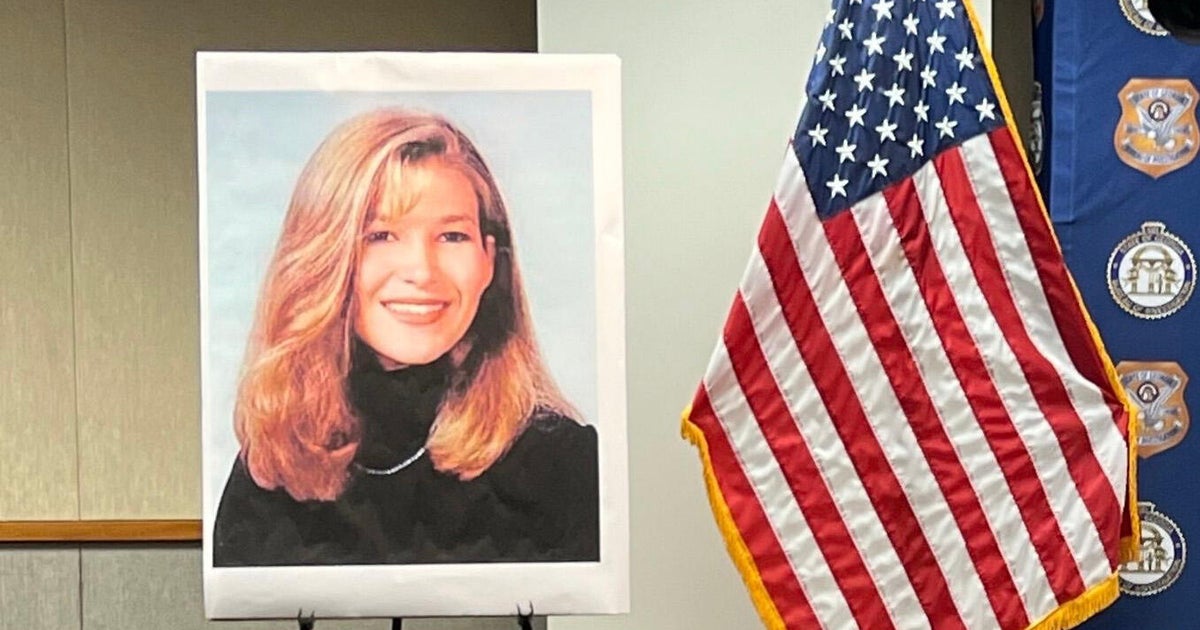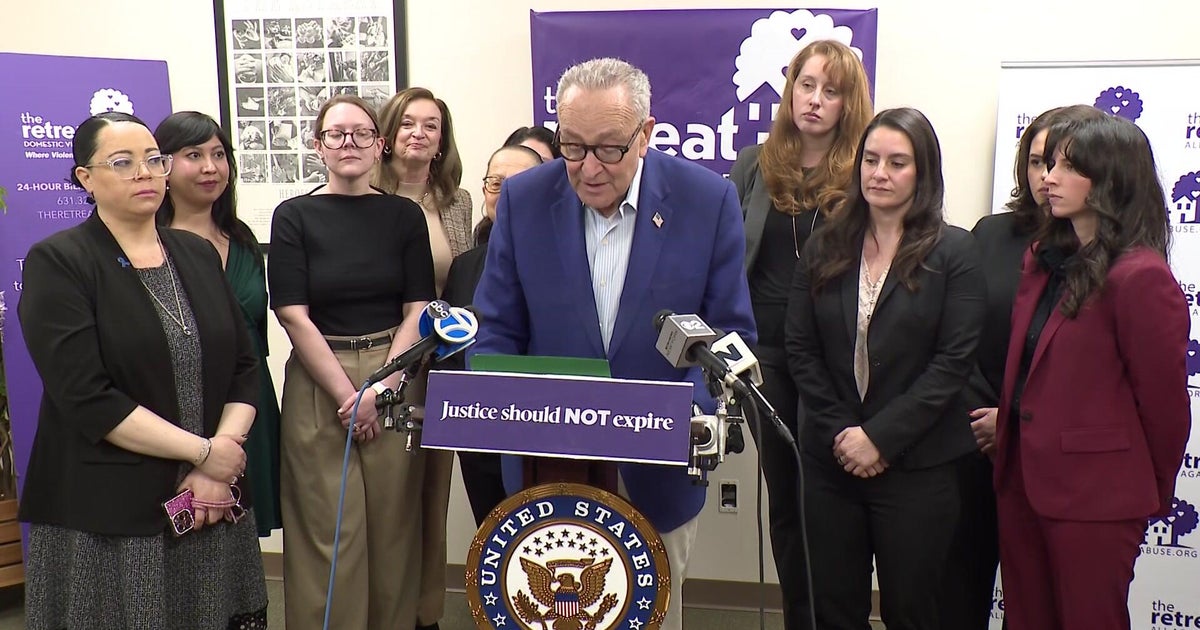Will we ever learn who the clients are in high-end sex ring bust?
BOSTON - In high-end apartments in Greater Boston and outside Washington D.C., powerful men allegedly paid premium prices for sex with women who were literally displayed on online menus.
U.S. Attorney in Boston Joshua Levy announced the arrest of the three alleged ring leaders and said the customers were high-profile men with big jobs.
"They are doctors, they are lawyers, they're accountants, they're elected officials, they are executives at high-tech companies and pharmaceutical companies. Pick a profession, they're probably represented in this case," said Levy.
We were told what they do without being told who they are. Prosecutors told reporters they couldn't comment on that right now.
"I'm not able to say anything about who they are right now," said Levy when asked.
Those comments fired up former prosecutor Wendy Murphy, the director of the Women's and Children's Advocacy Project at New England Law School. She said federal prosecutors should've named names and local prosecutors should bring charges.
"It's about accountability. So I always say, we need to name them, shame them, blame them and tame them. And by tame them, I mean you've got to prosecute them. You've got to get at the demand. When you reduce demand, you cause less sex trafficking," said Murphy.
Prosecutors said before the men met up with the women at these high-end apartments in Cambridge and Watertown, they had to fill out applications and provide a copy of their driver's license. That suggests they have collected quite a few names. So are charges on the way?
Prosecutors said the investigation is still in its early phases. "It's hard to tell the final score of a game in the first inning," said Levy.
Murphy doesn't believe that. "I'm going to say right on this newscast, I will eat my shoe if we hear even one of the names. It's not going to happen."
Former Boston Police Commissioner and WBZ TV security analyst Ed Davis has worked on cases alongside federal prosecutors. He thinks charges will come and the names will be released but maybe not soon.
"This case has significant financial transfers that need to be tracked down. They're operating in the Boston area and the Washington D.C. area. All of those things complicate this. It's been going on for three years. It's going to be a year before this case goes to trial," said Davis.
Professor Julie Dahlstrom directs the Immigrants' Rights and Human Trafficking Program at the Boston University School of Law. She agrees charging the buyers is important but also hopes more focus will be put on the women caught up in this.
"When we look at the affidavit and court pleadings, what we are not seeing is the stories of those survivors," said Dahlstrom.
Dahlstrom supports legislation to de-criminalize these acts for the victims, help them with resources to escape the trade and wipe prior charges from their records so they can start a new life.
"Often survivors feel stigmatized, they feel this tremendous stigma stepping forward," said Dahlstrom. "If they were encountered during an arrest they may fear being prosecuted and that, in turn, impacts whether a sex trafficking case can move forward because those cases are often heavily dependent, often, on survivor testimony."
Murphy is bothered by one other part of this story - the prosecutors' use of the word "brothel" 202 times in the criminal complaint. She said calling them brothels, which are legal in some spots, diminishes public outrage.
"I would like to ask the U.S. Attorney's Office directly why did you call this a brothel when you know it's sex trafficking?" asked Murphy.
